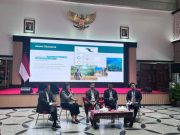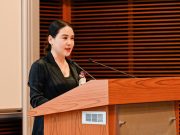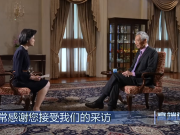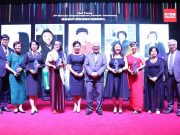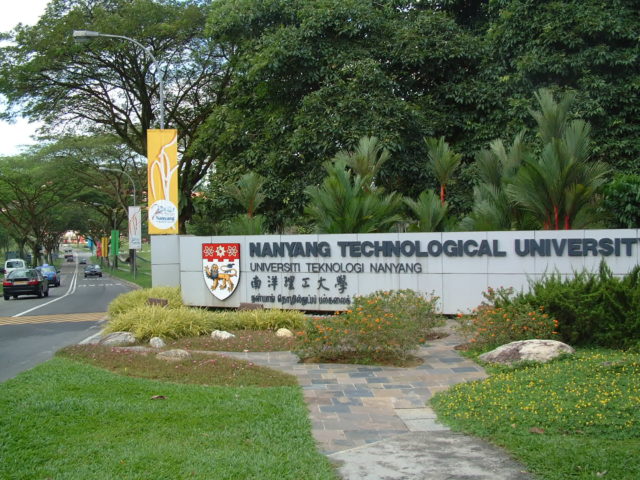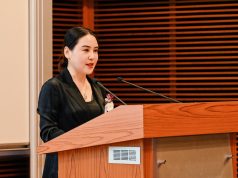Singapore, 17 April 2018 – Nanyang Technological University (NTU) is launching a new postgraduate programme in asset and wealth management, with classes conducted not just in Singapore but also in the financial hubs of London and New York.
The inaugural intake for the new Master of Science in Asset and Wealth Management will be in January 2019, with a second cohort in July 2019. Students can complete the course in a year, or within three years while working full-time.
The programme’s overseas modules in London and New York, which will last two weeks, will be conducted in collaboration with Imperial College London’s Business School and New York University’s Stern School of Business. These will incorporate lectures from global experts and study visits to leading financial institutions.
Jointly developed by NTU’s Wealth Management Institute (WMI) and Nanyang Business School, the course has two specialisation tracks: asset management and wealth management.
It is aligned with the industry skills framework established by Institute of Banking and Finance Singapore (IBF), and graduands will receive industry accreditation and certification for practice in addition to the Master’s degree.
Course subsidies of up to 90 per cent for IBF-accredited modules will be available to Singapore citizens and permanent residents. The programme also qualifies for the Monetary Authority of Singapore’s Financial Scholarship Programme, which aims to develop specialist skills to support the long-term growth of Singapore’s financial services sector.
The degree includes internships and work-related projects as compulsory components, with about 20 financial institutions having come onboard so far.
In a time of technological disruption in financial services, it is timely to revisit the skills required of wealth managers, said NTU provost and vice-president (academic) Professor Ling San.
“The Master’s degree will be cross-disciplinary, tapping NTU’s globally renowned strength in artificial intelligence, data science and computing technologies, as well as social science and psychology,” he said.
ST


